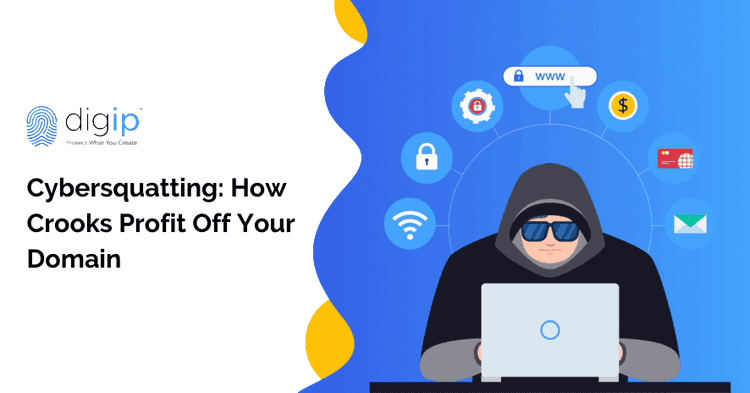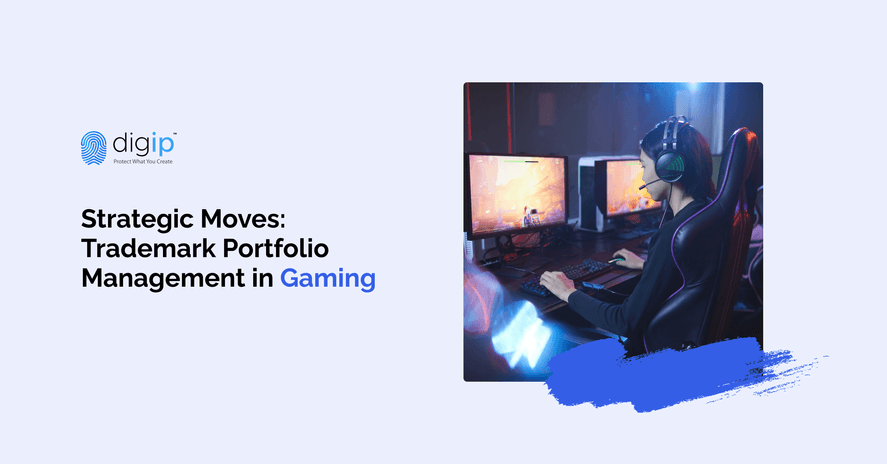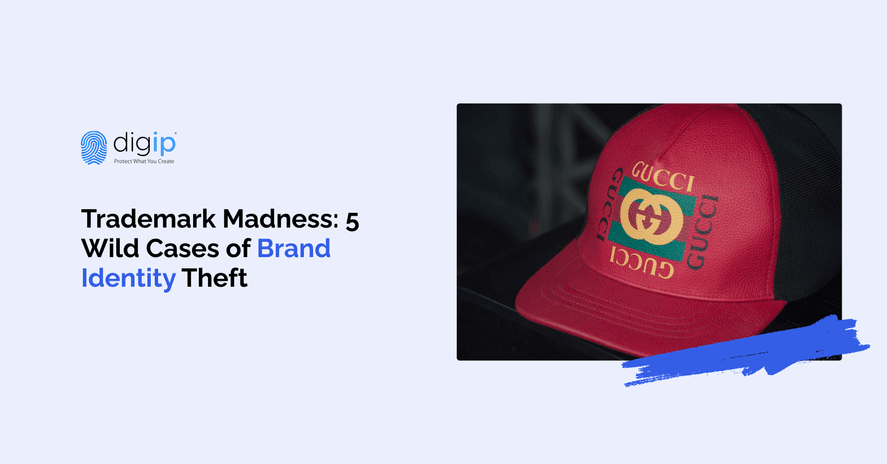
- Trademark
- Domain
Cybersquatting: How Crooks Profit Off Your Domain
Cybersquatting refers to the illegal practice of registering the domain names of existing trademarks for commercial gain. Because cybersquatting becomes increasingly common each year, businesses and trademark owners need to need to be vigilant to make sure that no one is trying to make money off their work or reputation.
In this article, we will look at how cybersquatters pirate domain names and how you can protect yourself against them.
How Does Cybersquatting Affect Your Business?
There are a few different ways that cybersquatters—also called domain pirates—can use your brand name for their commercial gain.
They may attempt to sell you the domain for an inflated price, preventing you from using your brand name online. This can limit your ability to expand your online presence and reach new customers.
In other cases, they may buy up your company name under many different domain extensions, for example .net and .org domains, and set up fraudulent web sites.
It's important to protect your domain name so that your customers are not confused about who they're dealing with when they visit a web site or make a purchase online.
The Dangers of Leaving Cybersquatting Unchecked
When someone registers a domain similar to your brand name, the way they use these web sites can have a long-term impact on your business. Here are some of the dangers of leaving cybersquatting unchecked:
- Piracy - Cybersquatters use stolen domains to host counterfeit goods and services that compete with the brands they imitate. This can lead to lost sales and damage your brand’s reputation by creating confusion among customers.
- Trademark Infringement - Most cybersquatting cases involve infringement on registered trademarks. If someone registers a domain that is very similar to a trademark, with the intention of making money from selling fake products or other illegal activities, this is trademark infringement.
- Cybercrime - Some domains are used only for criminal activity, such as distributing malware, running phishing scams, and spamming email campaigns. This can have a negative impact on businesses, such as decreased productivity due to IT downtime, or lost revenue due to fraudulent purchases made by consumers.
- Reputation Damage - Cybersquatters may use negative keywords in their URLs to try to blemish your company’s reputation. Many also create rogue web sites that push out damaging content about your company. This can cause your legitimate web site to rank lower on search engine pages.
How to Spot A Cybersquatter
If you've already started building a customer base locally or on an online platform like Etsy but haven't yet registered your domain name, you may be at greater risk of domain infringement. If the name you want is already in use, there are a few things to look out for:
First of all, check that the domain is owned by a legitimate business. If the domain leads to a page that says: "this domain name for sale," "under construction," or "can't locate server," you may be dealing with a cybersquatter.
If you notice that someone has registered a domain name similar to yours, it's possible that the person is cybersquatting. A domain name could be similar if it is slightly misspelled or spelled differently. This may also be an exact match with your trademark, but with a different top-level domain (such as .net instead of .com).

In some cases, registering a domain that is a combination of your company name and another word or phrase can be considered cybersquatting. For instance, if your company name is “Squeaky's Sandals,” and somebody registers the domain squeakysshoes.com, these may be similar enough to cause confusion among your customers.
However, not all instances of cybersquatting are done in bad faith. If you find a case of cybersquatting, reach out to the domain registrant to see if there is a legitimate reason for them to have registered your domain.
Before you feel threatened by someone else using your brand name online, it's important to monitor and get the legal rights to use it. You can use Digip's free domain search engine to begin your search process. You can also monitor the use of your brand by looking it up on search engines like Google, Yahoo, and Bing from time to time.
How to Protect Yourself from Cybersquatting
Cybersquatting can be a costly inconvenience for business owners. But fortunately, it is preventable if you take a few precautions.
- Register your trademark - Registering your brand name with an intellectual property office proves your legal ownership of your brand name. Trademark law gives you legal protection against domain infringement and helps you retrieve your domain more easily if it is registered without your consent.
- Claim your Top-Level Domains (TLDs) - Register your business name with multiple top-level domains (TLDs). For example, if your business name is "John's Transportation," you should consider registering domains like johnstransportation.com, johnstransportation.net, and johnstransportation.org. This can make it more difficult for someone to use your company's domain name to set up a fake site or redirect customers.
If you believe that someone has registered your brand name as a domain name with bad faith intent, you may have legal recourse against them.
- Negotiate - If someone has registered your brand as a domain name, contact them to see if you can retrieve it. You may be able to find their contact information using ICANN's registration lookup tool. Purchasing the name from the registrant may be a more cost-effective option than filing a lawsuit.
- Take legal action - If negotiations fail, you may need to take legal action against the cybersquatter. This could involve bringing action against them in federal court under the Anti-Cybersquatting Consumer Protection Act (ACPA), or filing a claim with the Internet Corporation for Assigned Names and Numbers (ICANN), the organization that regulates internet domain name registration and disputes. Domain name dispute resolution may be more expensive, but it may deter future cybersquatters more effectively.
If you want to protect your business against cybersquatters, it’s important to take action as early as possible.
Don’t wait—secure your domain name today
- Trademark
- Domain



